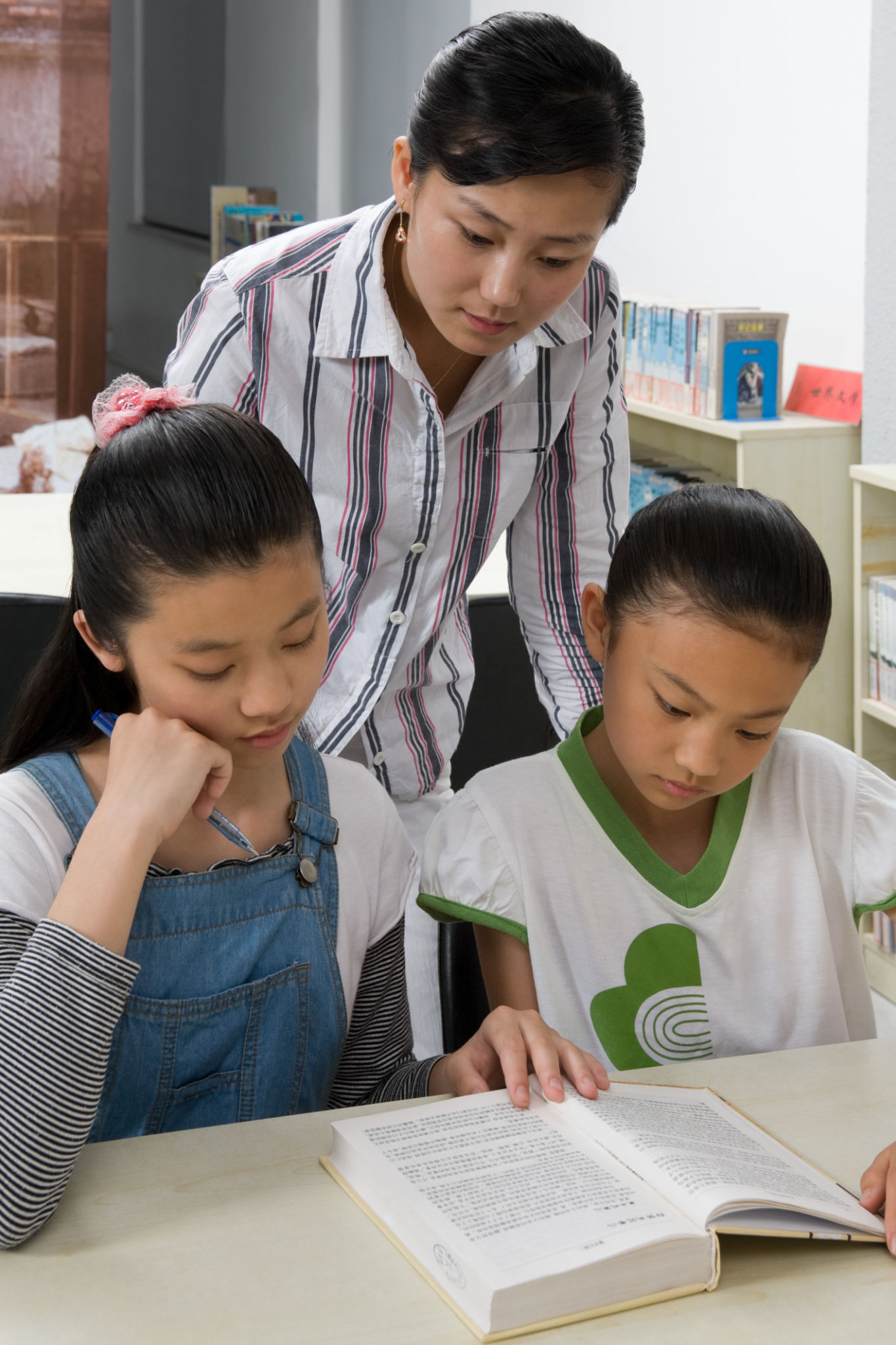The Benefits of Early Childhood Education: Insights from Local Experts
Understanding Early Childhood Education
Early childhood education is a crucial stage in a child's development, laying the foundation for lifelong learning and success. It encompasses the period from birth to eight years old, during which children experience rapid growth and development. Local experts emphasize the importance of quality early childhood education in nurturing cognitive, social, and emotional skills.

The Role of Early Learning Environments
Creating a stimulating and supportive learning environment is essential for early childhood education. Such environments encourage exploration, creativity, and curiosity. Experts suggest incorporating play-based learning approaches, which allow children to learn through play and interaction. This method not only makes learning enjoyable but also enhances problem-solving and critical thinking abilities.
Furthermore, early learning environments should be inclusive and diverse, catering to various learning styles and needs. By doing so, educators can ensure that each child receives the attention and support necessary for their development.
Benefits of Early Childhood Education
The advantages of early childhood education are numerous. According to local experts, children who participate in quality early education programs are more likely to succeed academically and socially. Some key benefits include:
- Improved Academic Performance: Early education helps children develop essential literacy and numeracy skills, providing a solid foundation for future learning.
- Enhanced Social Skills: Interaction with peers in a structured environment fosters communication, cooperation, and empathy.
- Emotional Development: Children learn to manage their emotions and develop resilience through guided activities and interactions.

Insights from Local Educators
Local educators play a significant role in shaping early childhood education. Their insights reveal that personalized teaching methods greatly benefit young learners. By understanding each child's unique strengths and challenges, educators can tailor their approach to maximize learning outcomes.
Moreover, continuous professional development for educators is vital. Staying updated with the latest research and methodologies ensures that teachers can provide the best possible education to their students.
Parental Involvement in Early Education
Parental involvement is a critical component of early childhood education. Experts highlight that when parents actively engage in their child's learning process, it reinforces the educational experiences at school. Simple activities such as reading together, participating in school events, and encouraging exploration at home can make a significant difference.

Additionally, open communication between parents and educators helps create a cohesive support system for the child. Regular updates and discussions about the child's progress allow parents to understand and contribute effectively to their child's development.
The Future of Early Childhood Education
As society continues to recognize the importance of early childhood education, there is a growing focus on improving access and quality. Innovations such as technology integration in classrooms and expanded training for educators are shaping the future of this vital educational stage.
Local experts are optimistic about these advancements, believing they will lead to even better outcomes for young learners. As we move forward, maintaining a commitment to nurturing young minds will remain a top priority for educators, parents, and communities alike.
